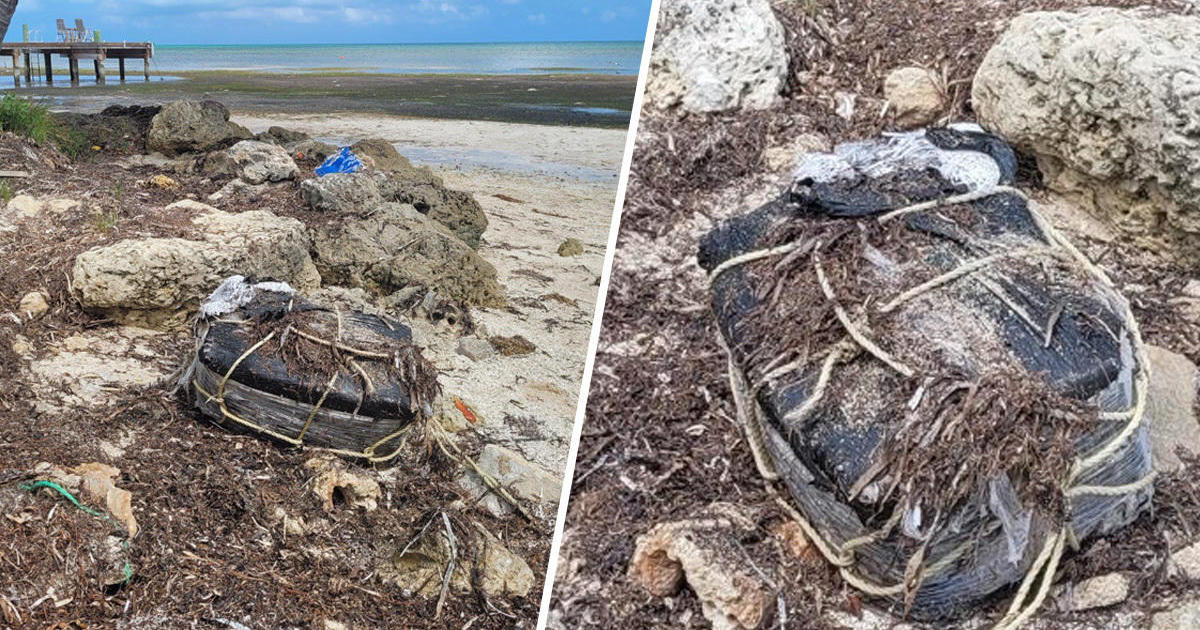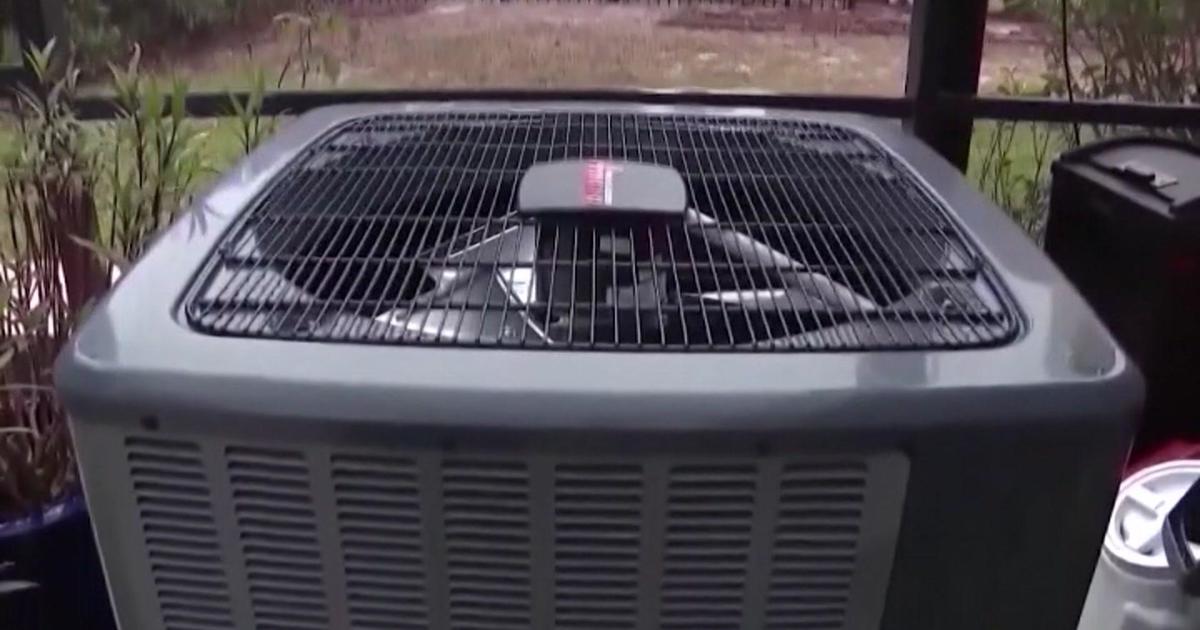Astronaut Training Resumes At Undersea Lab Off Florida Keys
MIAMI (CBSMiami/AP) —Aquarius Reef Base, the world's only operational underwater research center is back in action off the Florida Keys.
Five astronauts entered Aquarius on Tuesday to spend five days living and working there. While they're underwater, they'll be trying out an exercise device that could be used on the International Space Station and spacewalking tools.
They also will evaluate protocols for communications and for working with a remotely operated vehicle, according to NASA.
Scientists staying at Aquarius are called "aquanauts," and since 2001 their ranks have included astronauts training for space missions.
Astronauts last trained at Aquarius in June 2012 on a mission that simulated a visit to an asteroid. It seemed like the last astronaut training mission because Aquarius had been set to close by the end of last year after losing its federal funding to budget cuts.
This week's mission is the first at Aquarius since Florida International University took over its operations in January.
The National Oceanic and Atmospheric Administration owns the pressurized lab that sits about 60 feet below the ocean's surface a few miles off Key Largo. The 43-foot-long metal tube — it looks like a yellow mobile home encrusted with coral — allows scientists to live and work underwater for days at a time without coming up for air.
For more than two decades, marine scientists have used the lab as a base to study changes in a coral reef and the populations of sea creatures that call it home.
The base allows researchers to scuba dive up to nine continuous hours a day without needing to return to the surface or decompress.
Sixteen NASA Extreme Environment Mission Operations training missions were held at Aquarius. NASA officials say the watery environment is similar to a low earth orbit and helps astronauts field test their skills for space expeditions.
Aquarius allows astronauts to physically experience life in tight quarters and potentially hostile environments, said Tom Potts, the lab's director.
"The nice thing about Aquarius is that you don't have to simulate the danger," he said. "The danger is real if you don't follow certain protocols."
The 400-square-foot lab accomodates six people and includes bunks and a small kitchen space. The crew for this week's mission, dubbed "SEA TEST," includes NASA astronauts Joe Acaba and Kate Rubins, Soichi Noguchi of the Japan Aeorspace Exploration Agency and Andreas Mogensen and Thomas Pesquet of the European Space Agency..
The lab's next resident will be Fabien Cousteau, the grandson of ocean exploration pioneer Jacques Cousteau.
Along with a team of filmmakers and scientists, Cousteau plans to dive to Aquarius in November and spend 31 days doing research on the underwater effects of climate change and on the physiological and psychological effects of prolonged confinement and long-term saturation diving.
(TM and © Copyright 2013 CBS Radio Inc. and its relevant subsidiaries. CBS RADIO and EYE Logo TM and Copyright 2013 CBS Broadcasting Inc. Used under license. All Rights Reserved. This material may not be published, broadcast, rewritten, or redistributed. The Associated Press contributed to this report.)



